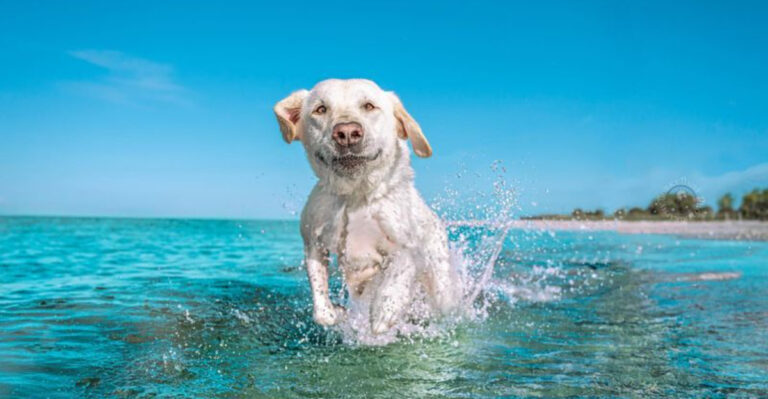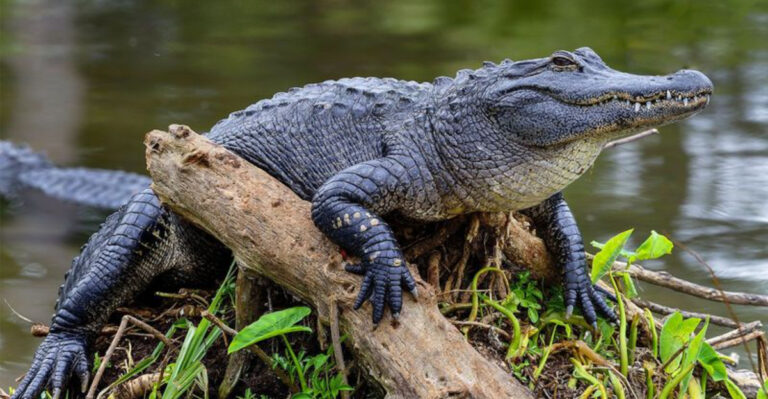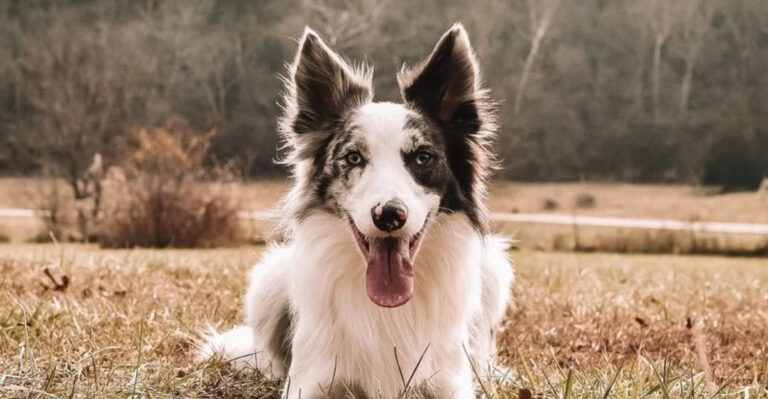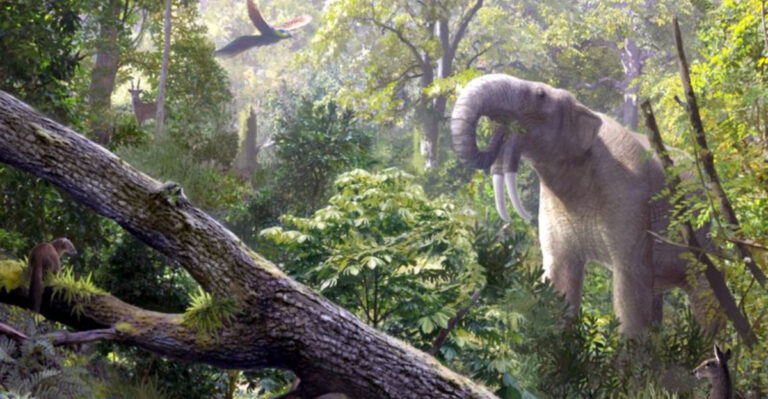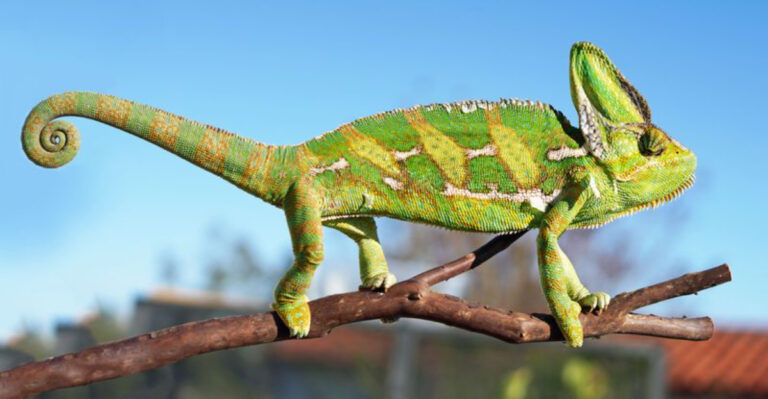What Would Happen If Humans Disappeared? 14 Animals That Could Take Over
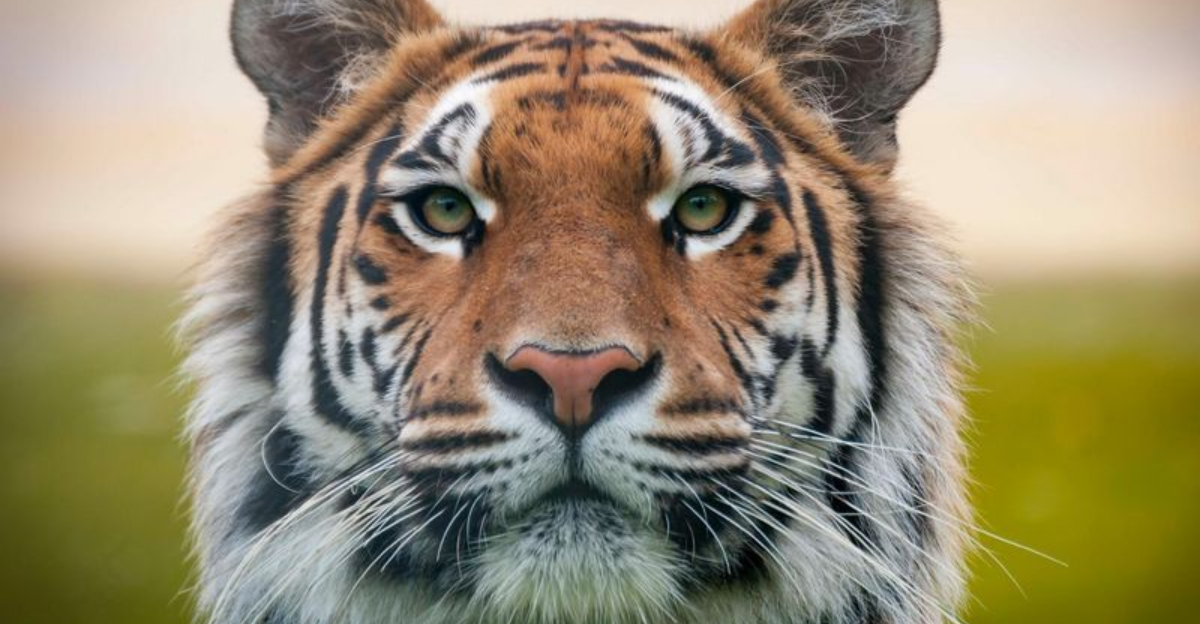
Imagine a world where humans suddenly vanish, leaving behind empty cities and wild landscapes.
In such a scenario, some animals might rise to power, reshaping the planet in their own image.
1. Crows
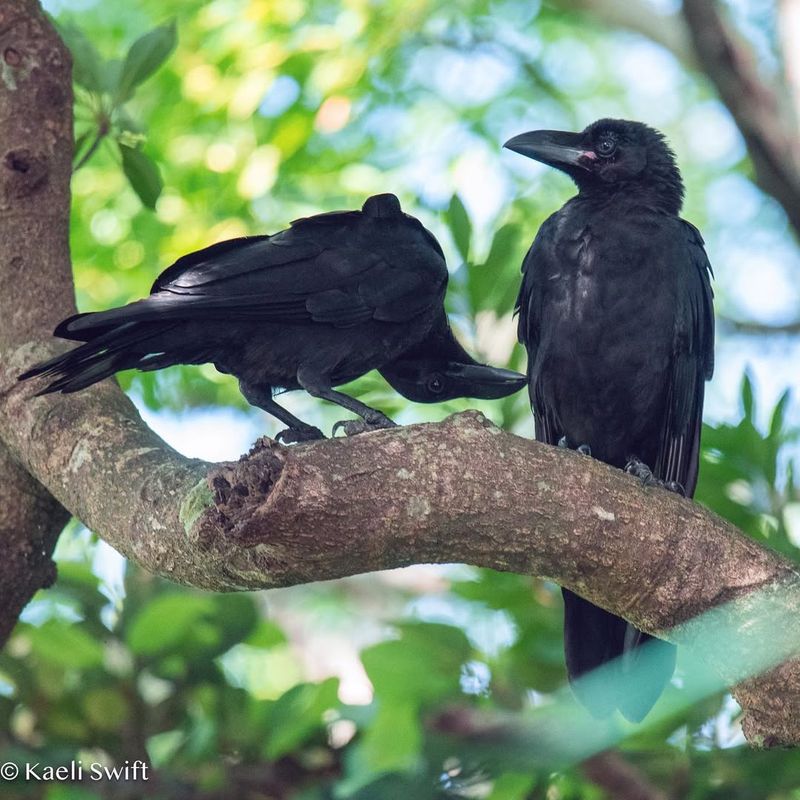
Crows are incredibly intelligent, known for their tool-using capabilities.
Without humans around, these brainy birds could form organized colonies, thriving by utilizing their problem-solving skills. By working together, they could adapt swiftly to new environments, whether urban or rural.
Imagine crows orchestrating complex tasks, communicating through caws and calls. Their natural curiosity allows them to explore and innovate, potentially outsmarting many other creatures.
With their keen intellect, crows could become a dominant force, shaping ecosystems in intriguing ways.
2. Wild Boars
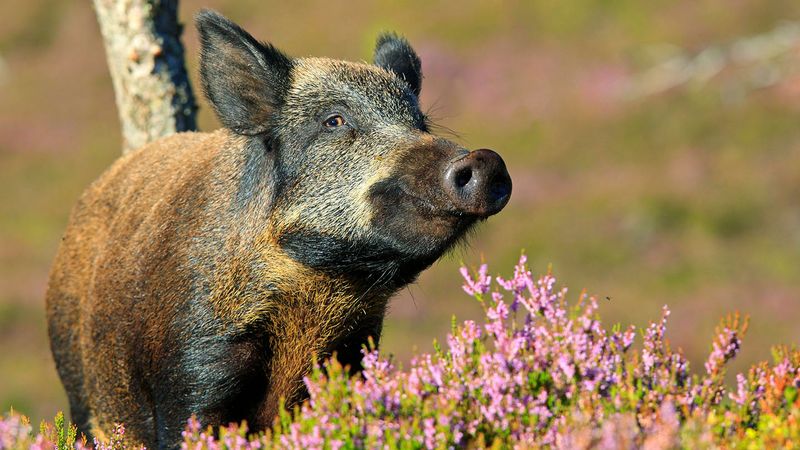
Wild boars are resilient and fiercely aggressive, traits that would help them thrive in a human-free world. These adaptable animals could dominate forests and rural areas, rapidly multiplying to reshape ecosystems.
Their tenacity would allow them to root through landscapes, altering the balance of flora and fauna. As they expand their territories, wild boars could become apex foragers, impacting biodiversity.
With their robust survival skills, they could carve out a new order, leaving a lasting imprint on the environment.
3. Octopuses
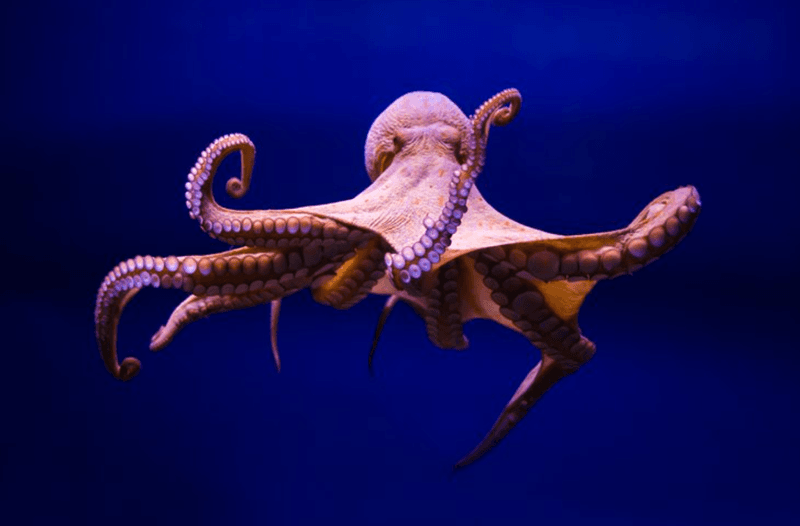
In the vast oceans, octopuses might rule with their remarkable problem-solving abilities.
Known as escape artists, they can camouflage and manipulate their surroundings. Without human interference, these sea creatures could explore uncharted territories with ease.
Octopuses possess a mysterious charm, using their intelligence to unlock the ocean’s secrets. Their ability to adapt and thrive underwater is unmatched.
Imagine octopuses orchestrating underwater operas, their tentacles conducting the symphony of the sea. Their presence could redefine aquatic life as we know it.
4. Pigs
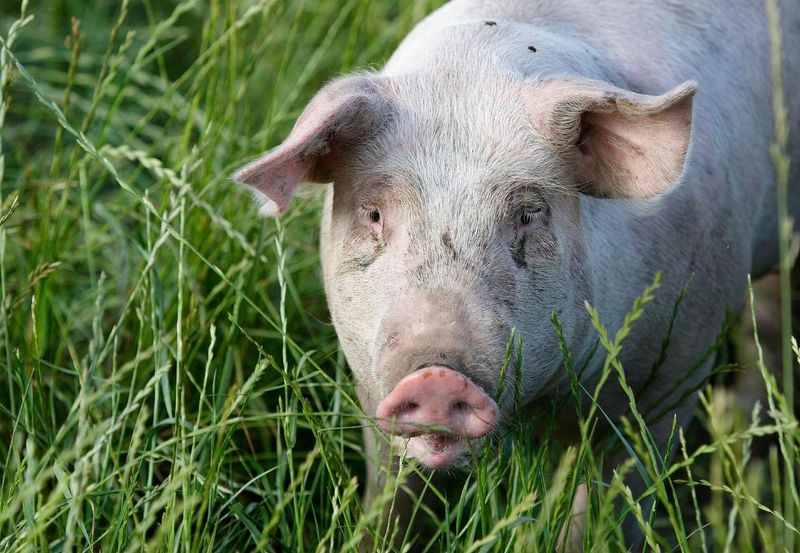
Pigs, with their sharp intellect and adaptability, could flourish without humans.
They can thrive in diverse environments, scavenging and reproducing at impressive rates. Once domesticated, pigs might revert to their wild instincts, forming large, self-sufficient herds.
Their social nature could lead to the establishment of complex communities, where teamwork ensures survival.
Pigs would use their cunning to outwit predators, securing their place in the hierarchy of nature. Their ability to adapt could redefine ecosystems, making them a formidable contender for dominance.
5. Elephants
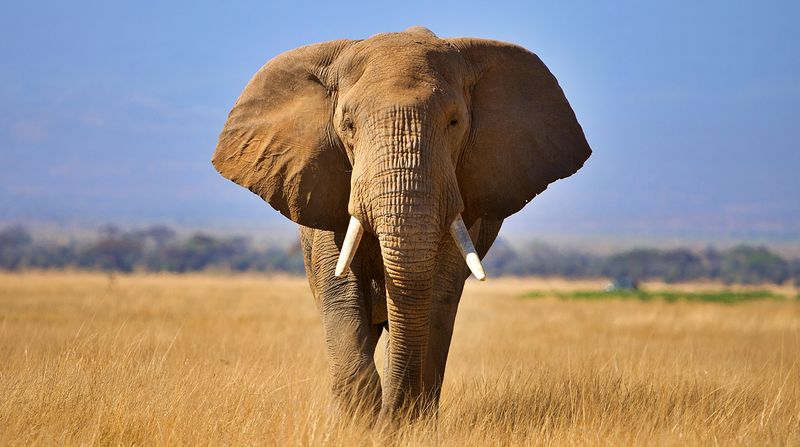
Elephants, majestic and intelligent, could become the new rulers of the wild.
Their sheer size and strength would enable them to reshape landscapes, creating environments that suit their needs. As social creatures, elephants would work together, ensuring the survival of their herds.
Their wisdom and empathy would guide them through challenges, allowing them to thrive in a post-human world.
Elephants’ ability to communicate and cooperate would enhance their dominance, turning them into powerful stewards of the Earth, shaping a harmonious natural order.
6. Rats
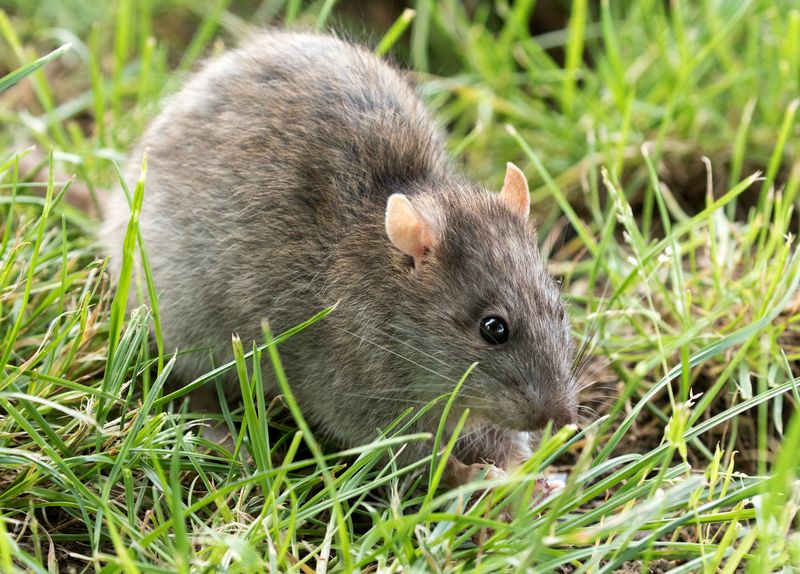
Rats, often underestimated, might emerge as dominant survivors.
Their adaptability and rapid reproduction could see them swarming urban ruins, expanding their territories with ease. Agile and cunning, rats would scavenge for resources, making the most of abandoned human habitats.
In their search for sustenance, rats might develop intricate networks, using their numbers to overwhelm potential threats. Their persistence and survival instincts could see them evolving, adapting to new challenges with remarkable resilience.
In the absence of humans, rats could thrive as opportunistic rulers of abandoned cities.
7. Tigers
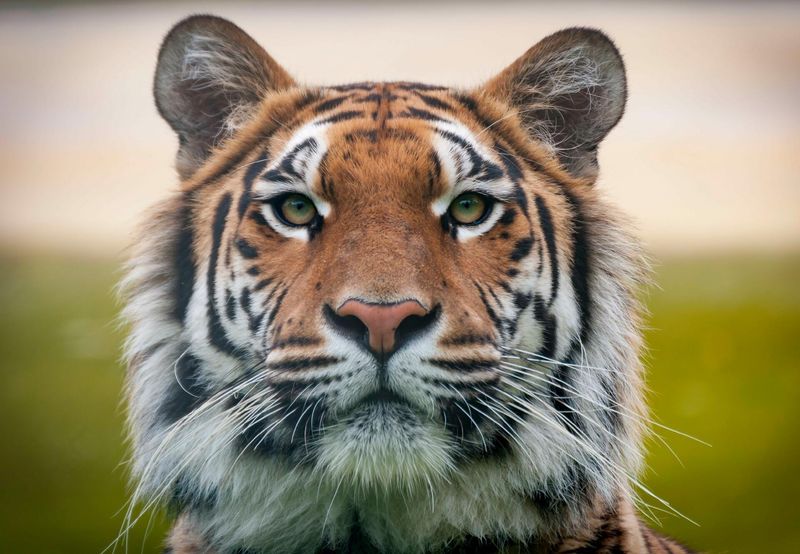
Tigers, as apex predators, could flourish in a world without humans.
Their stealth and strength would allow them to reclaim territories, ruling over jungles and forests with authority. Solitary yet powerful, tigers would thrive independently, ensuring the balance of their ecosystems.
Their presence would enforce order, keeping prey populations in check. Tigers’ majestic prowling would breathe life into the wild, as they navigate their domains with grace and precision.
As fierce guardians of nature, they could redefine the dynamics of the food chain, maintaining equilibrium.
8. Hyenas
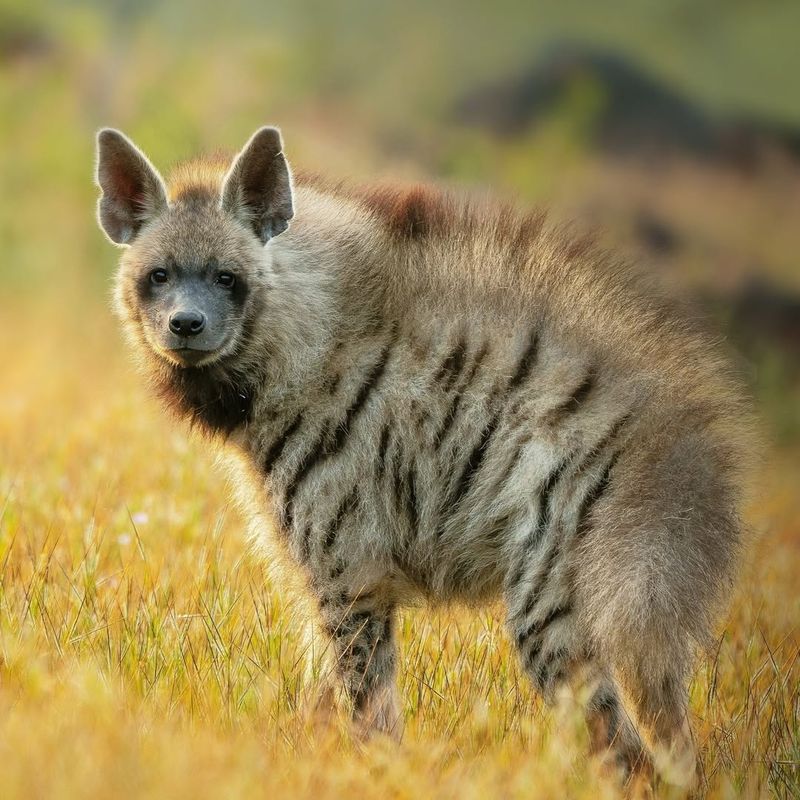
Hyenas, with their powerful jaws and strong pack dynamics, could dominate the African savannah. Using cooperative hunting techniques, they would efficiently secure resources, ensuring the survival of their clans.
Pack hierarchy and teamwork would bolster their success, allowing hyenas to thrive in the absence of human competitors.
Their laughter-filled calls would echo across vast plains, signaling their presence. As opportunistic hunters, hyenas would adapt swiftly to changes, becoming a formidable force on the savannah.
They could reshape the ecosystem through their calculated and communal strategies.
9. Ants
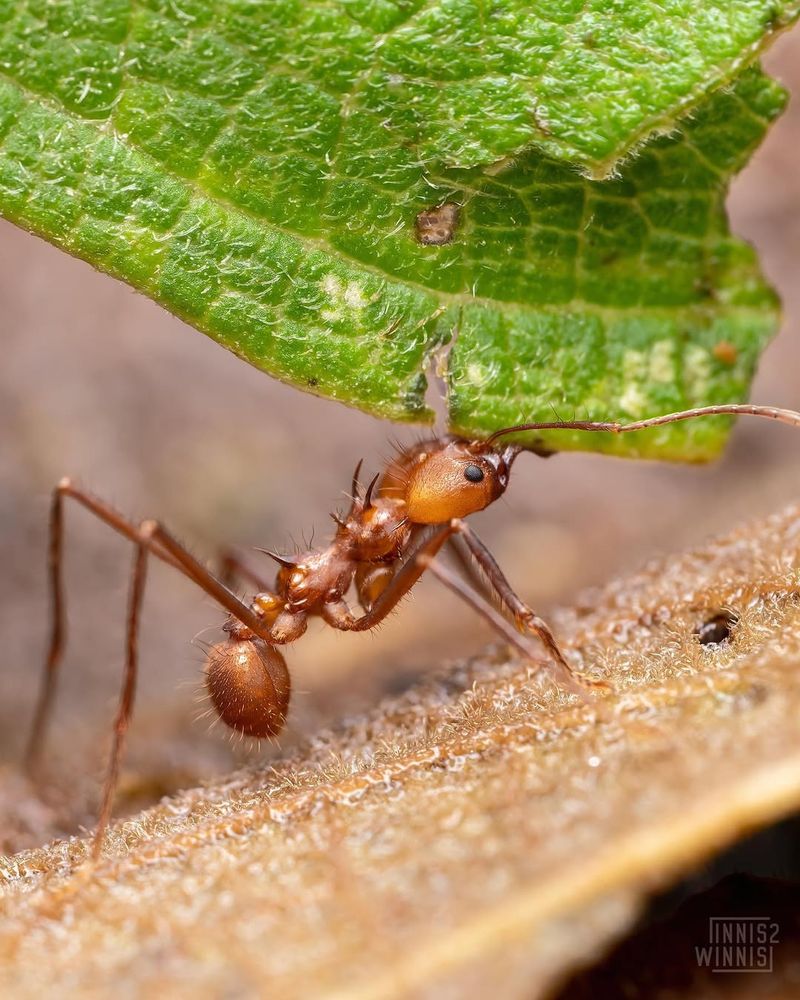
Ants, small but mighty, could reshape entire ecosystems with their super-organization. Their teamwork and numbers would allow them to dominate landscapes, building intricate networks and structures.
These industrious insects would establish colonies that thrive in various environments, adjusting to new challenges with ease.
Ants’ ability to modify surroundings could lead to dramatic changes in biodiversity. Their presence would symbolize the power of collaboration, as they work tirelessly to create harmonious habitats.
In a world without humans, ants might rise as miniature architects of the natural order.
10. Wolves
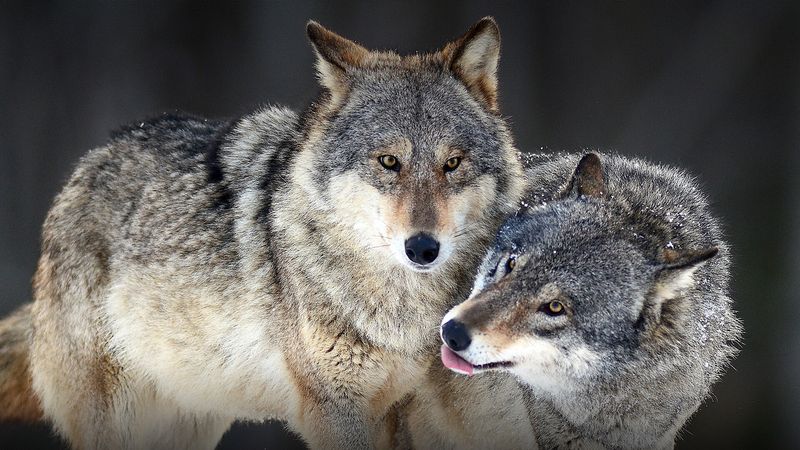
Wolves, with their complex social structures, might expand and control wilderness regions. Their military precision in hunting would ensure a steady food supply, allowing packs to flourish.
Wolves’ howls would resonate through untamed landscapes, marking territories and fostering pack unity. Their leadership dynamics would foster resilience, as they navigate challenges together.
Wolves’ ability to adapt and thrive in diverse climates would see them reestablish themselves as dominant predators.
In a world devoid of humans, they could become stewards of the wild, maintaining ecological balance.
11. Cats
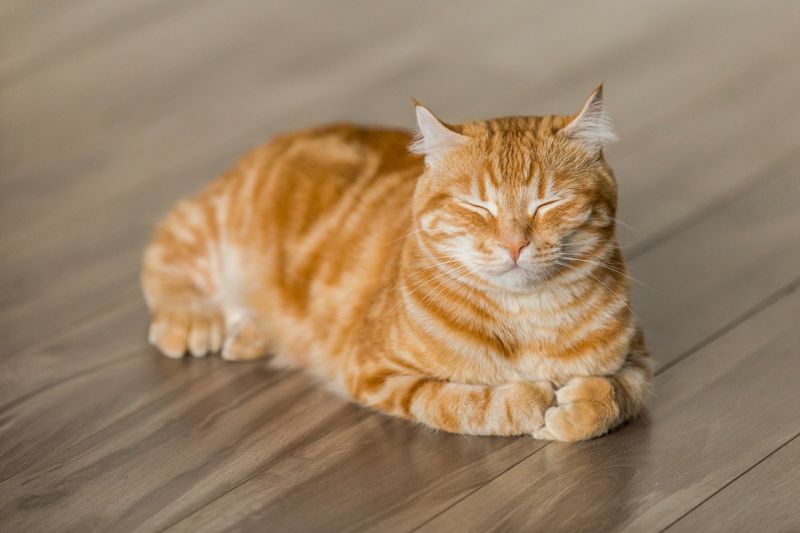
Cats, once pampered pets, might revert to primal instincts in a human-free world.
These agile hunters could dominate small prey, forming large feral colonies. In urban environments, cats would utilize their stealth and agility to thrive.
Their independence would ensure survival, as they adapt to changing conditions with grace. Cats’ keen senses would guide them through nocturnal escapades, navigating cityscapes with ease.
Their adaptability could see them flourish, as they reclaim territories once shared with humans. Feral cats might become the new rulers of urban jungles.
12. Cockroaches
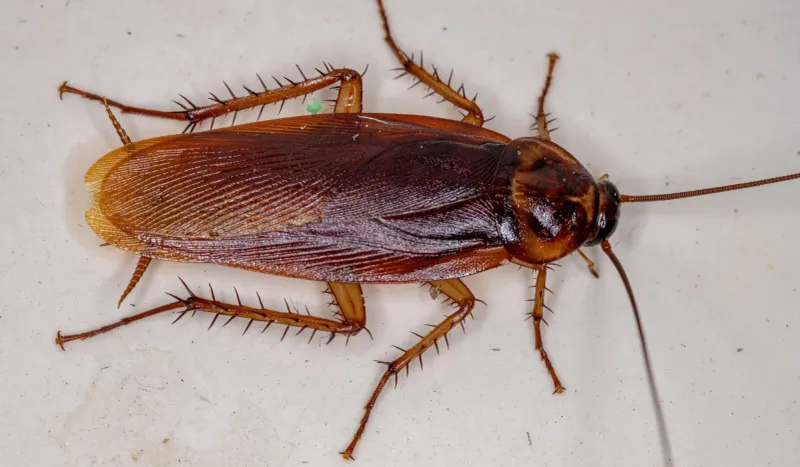
Cockroaches, renowned for their resilience, might thrive in a world without humans.
Their adaptability would see them flourish in various environments, acting as nature’s ultimate cleanup crew. With an ability to survive extreme conditions, cockroaches would make the most of available resources.
These durable insects would scuttle through urban decay, maintaining ecological balance by breaking down organic matter.
Their presence would symbolize survival against all odds, as they adapt to new challenges with tenacity. In the absence of humans, cockroaches could become unsung heroes of environmental stability.
13. Orcas
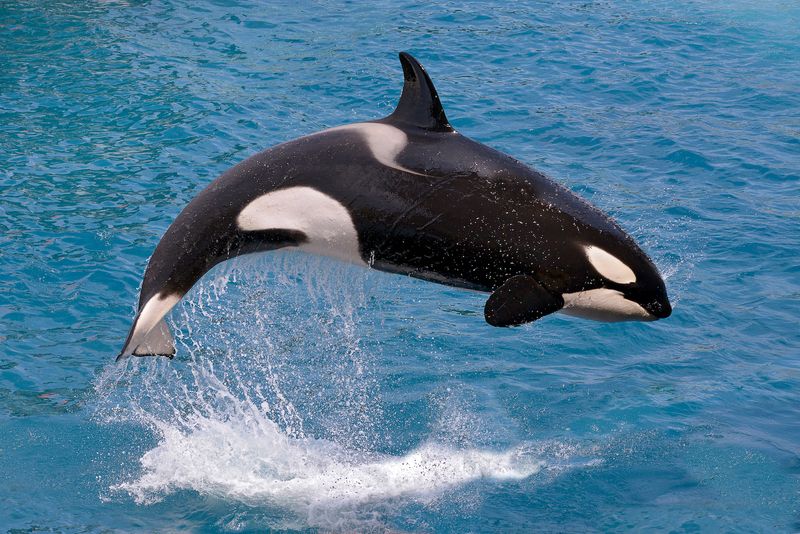
Orcas, known for their intelligence and strength, could rule the oceans with their strategic hunting techniques.
These powerful marine mammals would thrive in complex social structures, ensuring their dominance in a human-free world.
Their coordinated efforts would see them secure food supplies, maintaining balance in marine ecosystems.
Orcas’ playful interactions would reflect their intelligence and adaptability, as they navigate the seas with finesse.
Their presence would epitomize the resilience of life, as they continue to explore and conquer the watery depths without human oversight.
14. Bears
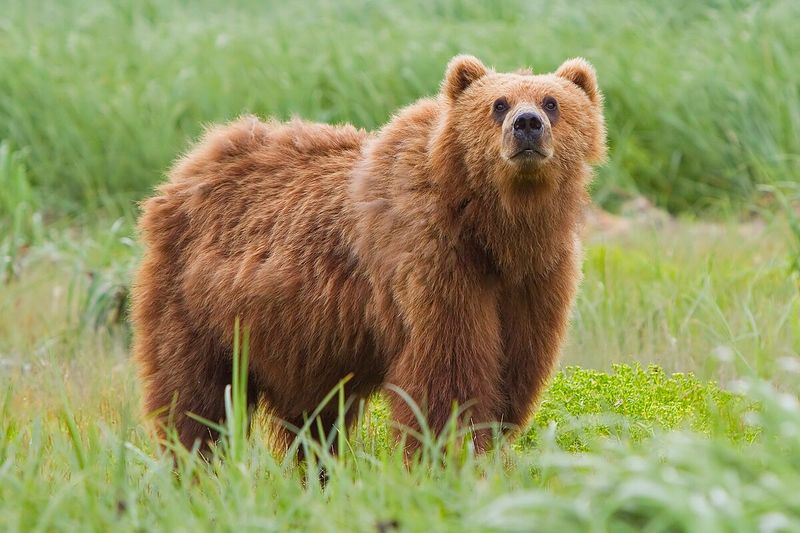
Bears, as powerful omnivores, could expand their ranges to dominate forests and tundras. Their capability to survive in various climates would see them thrive without humans.
Bears’ strength and resourcefulness would enable them to forage and hunt efficiently, ensuring their survival. Their solitary nature would see them adapt to changing environments, as they explore new territories with curiosity.
Bears’ presence could redefine wilderness dynamics, as they balance strength with adaptability. In a world devoid of humans, bears might become influential stewards of the Earth’s wild landscapes.

